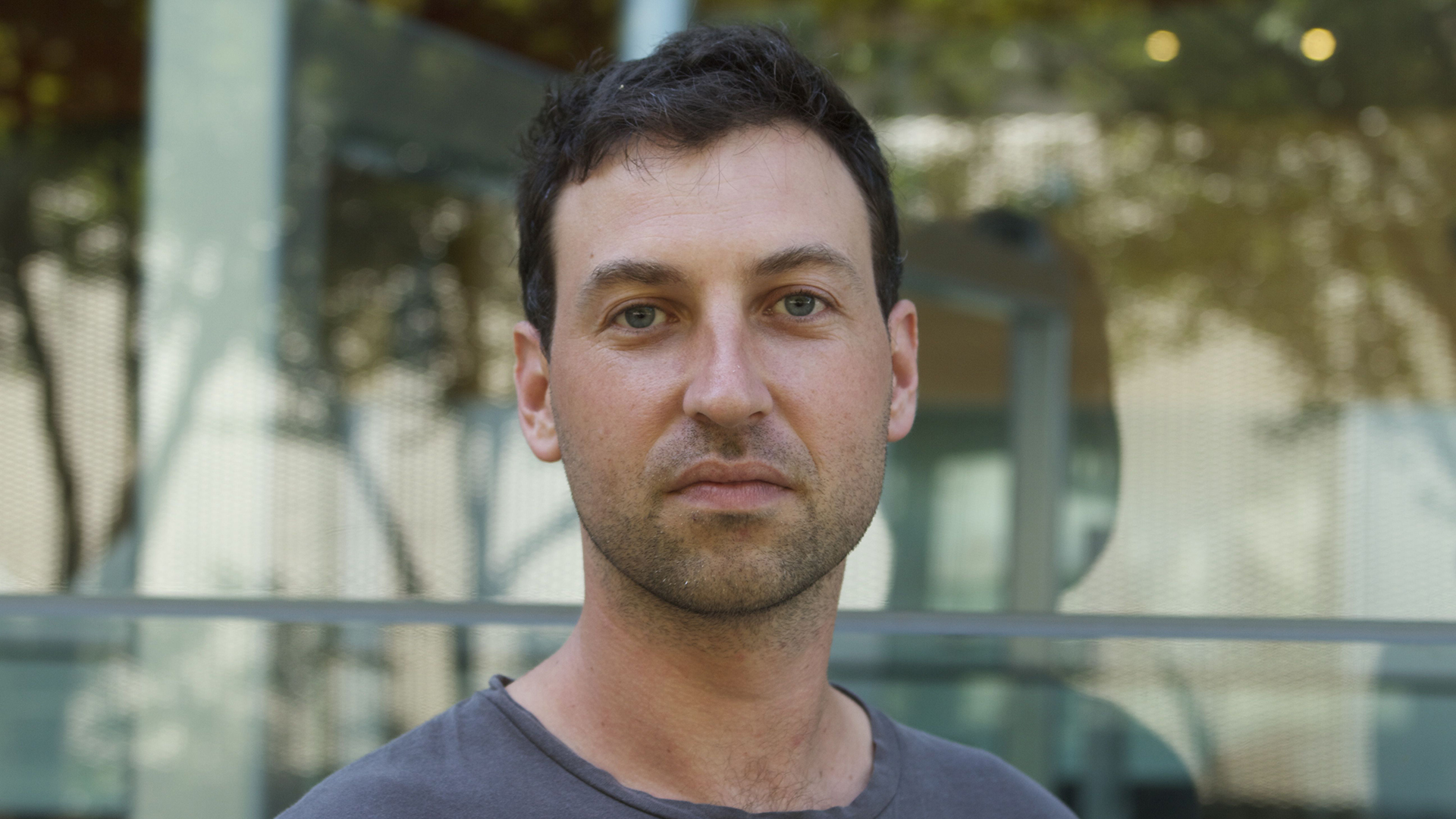Taking the UNIQLO experience to the next level: RMIT students pitch ideas to clothing giant
Last semester, 80 RMIT Impact Academy students in the College of Business and Law were challenged by UNIQLO with an industry-embedded business project in the semester’s Impact Academy course.
Study reveals the reasons women leave cyber security: bullying, 24/7 culture, pay gap
New research from RMIT University has investigated why women are under-represented in Australia’s cyber security workforce and why the few that do enter the sector, often end up leaving it.
RMIT cuts ribbon on world-class nanomanufacturing research centre
RMIT University has launched the Centre for Atomaterials and Nanomanufacturing (CAN), which will pioneer atomaterial research translation to drive commercial growth for Australia
Enabling circular economy practices in sustainable metal production
Researchers in the DIAMETER project will develop digital platforms focused on augmented sustainability and circularity of additive manufacturing and machining processes.






